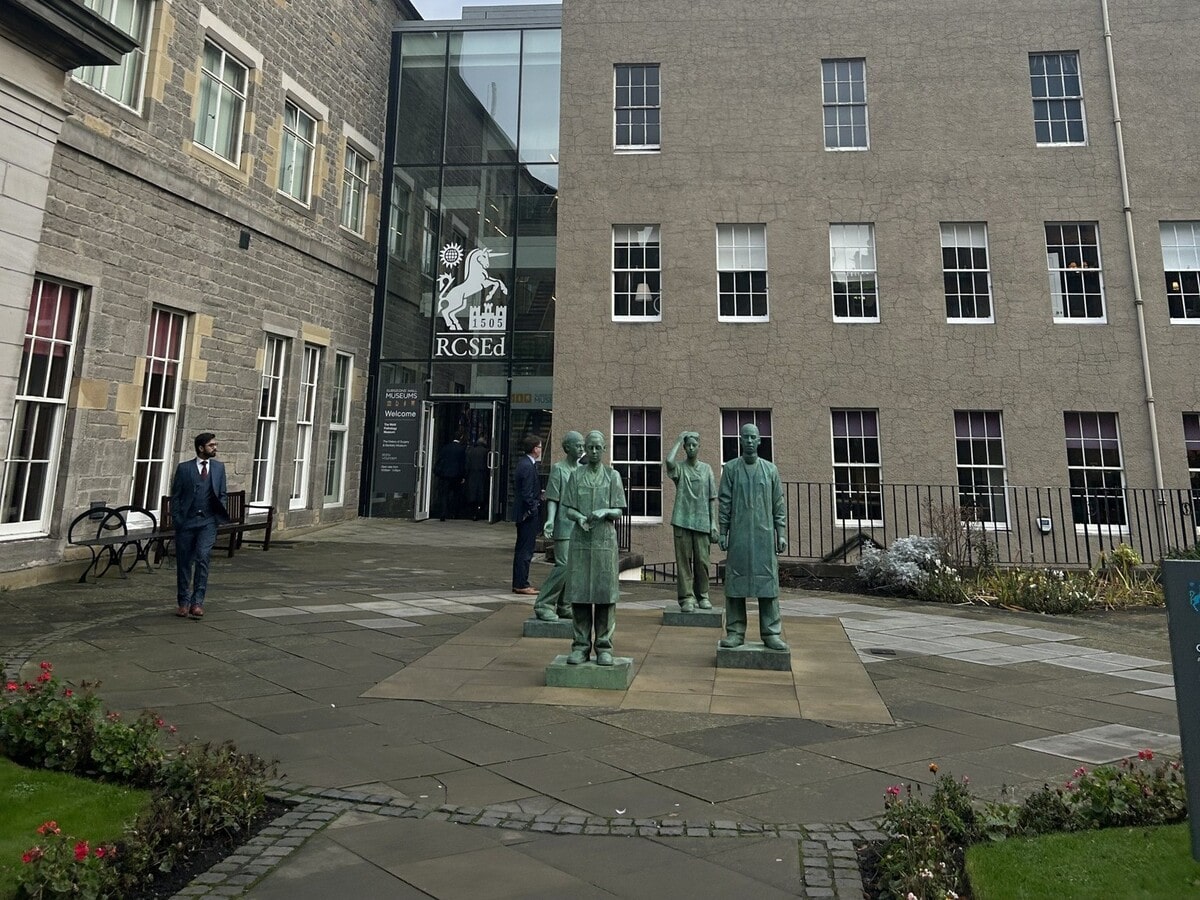The next immediate concern is the issue of postgraduate medical education, namely the parallel pathway and the Master’s programme.
There are two aspects of the ongoing confusion within the Malaysian Medical Council (MMC) that is absolutely embarrassing and must be addressed seriously and urgently.
Harmonise The Postgraduate Medical Education System
The public display of heated arguments and egocentric behaviour among senior doctors concerning the parallel pathway and the Master’s programme is shameful.
It has jeopardised the trustworthiness of the medical profession and created unwarranted public fear of the quality of specialists in the Ministry of Health (MOH).
The situation is spiralling into a circus show, with the upcoming Great Parallel Pathway Debate on May 25, 2024. I have declined to participate, as my colleagues and I have already provided the solutions to this conundrum in a more civilised fashion. Refer to here and here.
Therefore, before the Health Minister proposes to the Parliament on the amendments to the Medical Act in the June 2024 sitting, I would recommend we allow the “power of the Minister within the Medical Act” to instruct the MMC to act on all the proposals of the Jawatankuasa Khas to “mengemaskini senarai kelayakan pakar perubatan yang diiktiraf dan proses pendaftaran dalam daftar pakar”.
This standing is based on Section 8 of the Medical Act, which states that “Menteri boleh, dari semasa ke semasa, mengeluarkan arahan am yang tidak berlawanan dengan peruntukan Akta ini atau dengan mana-mana peraturan-peraturan yang dibuat di bawahnya dan Majlis hendaklah melaksanakan arahan itu“.
The Jawatankuasa Khas (Special Committee) actually comprises 15 distinguished members of the medical fraternity who are very familiar with the complexities, historical perspectives, and legal nuances of the National Specialist Registry (NSR).
The committee members includes:
- Master, Past Master, Deputy Master, and Scribe of the Academy Medicine of Malaysia.
- Past senior members of the MMC.
- Founding chairperson, and members of Jawatankuasa Penilaian 2 or the Evaluation Committee for Specialist Medical Qualification (JKP2/ECSMQ).
- Former Deputy Director General.
- Director and Deputy Director of the Medical Development Division of the MOH.
- President of Akademi Kedoktoran Keluarga Malaysia.
- Chairman of the Deans Council.
- Chairman of Malaysian Medical Association (MMA).
- Chairman of the Jawatankuasa Bersama Ijazah Lanjutan Perubatan.
- Leader of the National Postgraduate Medical Curriculum (NPMC).
- Leader of the Family Medicine training programme.
The recommendations of this Special Committee will resolve virtually all of the pressing issues regarding the two training pathways, which warrants immediate attention at the next MMC sitting.
Recognise The Role And Functions Of The Academy Of Medicine, Malaysia
The Academy of Medicine Malaysia (AMM) has contributed much to the medical landscape in the country by pioneering the National Specialist Registry in 1999. It was launched together with the MOH in 2006, and specialist registration has been mandated by the Medical Act in 2013. The MMC only came into the picture in 2017.
Since then, the AMM has collaborated with the MOH on the parallel pathways for 14 medical specialties, with pre-existing MOUs with Royal Colleges overseas.
The isolated incidents with one or two surgical specialties must not be allowed to discredit the years of progress and harmonious collaborations between the trainers of the Master’s programmes and the parallel pathways.
The MOH’s top bureaucrat, and by default the president of the MMC, must request the AMM to continue its function as the secretariat of the NSR.
To be fair to doctors who have gone the extra mile to seek specialisation, registration for specialists must continue until the internal problems within the MMC is resolved.
Strong leadership is critical within MMC now to mitigate any further damage, revive their broken reputation, and increase public confidence.
This means getting a level-headed chief executive who can revamp the system’s structure and live up to the MMC’s mission to “ensure the highest standards of medical ethics, education, and practice, in the interest of patients, public, and the profession”.
In conclusion, there is no time to lose, as our best brains in the public medical facilities are leaving in droves.
No health care reforms can be possible if we do not first get our house in order to build a progressive health care system.
Dr Musa Mohd Nordin is a consultant paediatrician.
- This is the personal opinion of the writer or publication and does not necessarily represent the views of CodeBlue.





